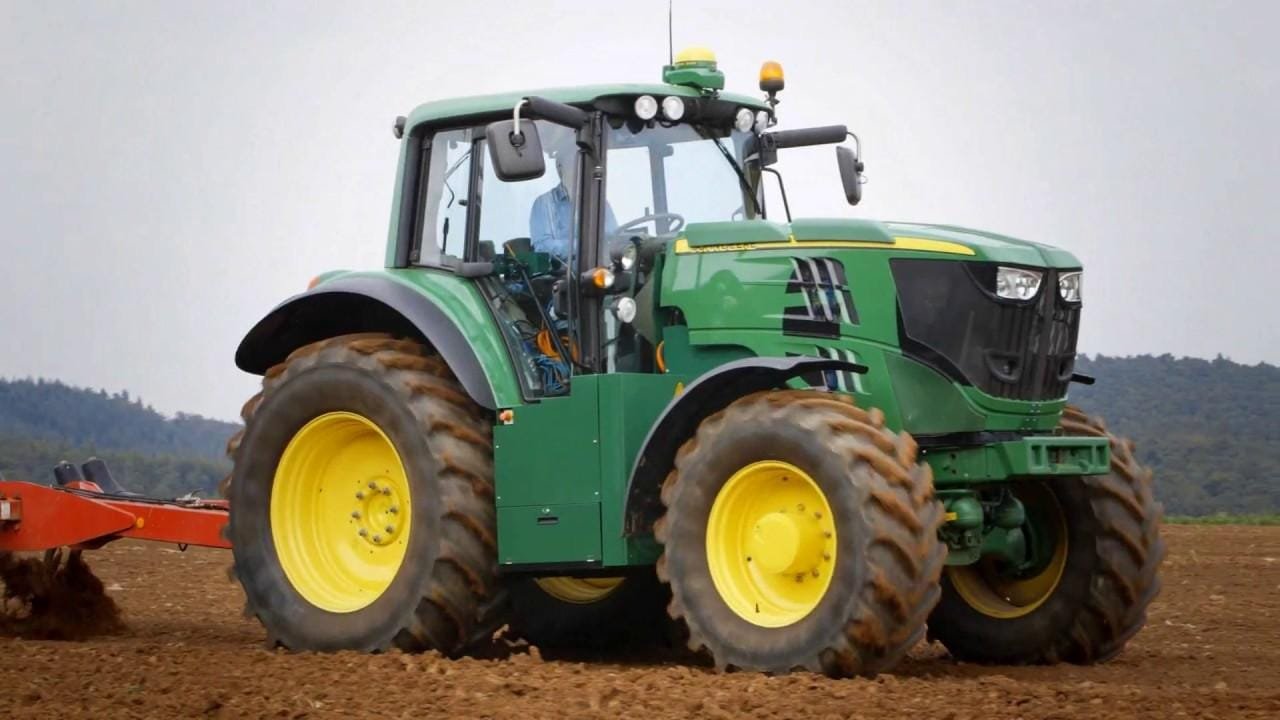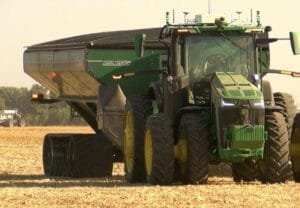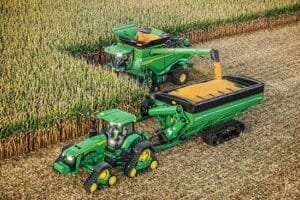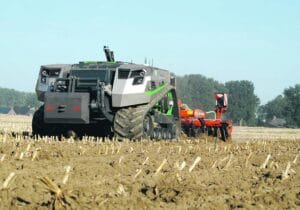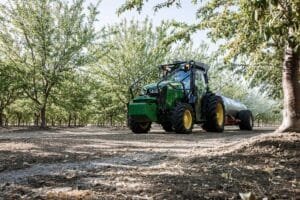In a notable development for agricultural technology, Moonrider, an electric tractor technology startup, has secured $2.2 million (approximately Rs 19 crore) in seed funding. The investment round, which concluded earlier this year, was jointly spearheaded by AdvantEdge Founders and Micelio Technology Fund, with several angel investors also participating in the financial backing.
Moonrider, established in August 2023, has swiftly carved a distinct niche in the competitive agricultural machinery landscape. The company specializes in manufacturing heavy-duty electric tractors that promise to deliver substantial reductions in operational expenses for farmers and fleet operators across various agricultural settings. What distinguishes their approach is the claimed achievement of price equivalence with diesel alternatives, a milestone that has previously eluded many electric vehicle manufacturers in the agricultural sector.
The brains behind this venture include Anoop Srikantaswamy and Ravi Kulkarni, former engineers from prestigious companies like Volvo Group, Ola Electric, and Olectra BYD. Their combined expertise has enabled Moonrider to develop proprietary battery technology, for which they’ve already initiated patent proceedings. This technical achievement represents a cornerstone advancement that could potentially reshape farming operations throughout India and beyond.
The fresh capital infusion will be channeled toward enhancing innovation capabilities in three paramount domains: vehicle engineering, software development, and battery technology. These areas constitute the foundation stones upon which Moonrider hopes to build its competitive edge in a market traditionally dominated by conventional fuel-powered equipment.
Kunal Khattar from AdvantEdge Founders expressed enthusiasm about the investment, noting that their “fund thesis centres around accelerating the transition from the internal combustion engine to electric vehicles.” He further emphasized electric tractors as the logical next category for electrification, citing they are “50% cheaper to own and maintain” compared to traditional alternatives. This efficiency metric, should it hold true across diverse farming conditions, might signify a turning point for agricultural mechanization economics.
In recent months, Moonrider has been quietly fashioning strategic alliances with prominent agricultural players and fleet operators both domestically and in international markets. These partnerships could potentially accelerate the company’s market penetration strategy while simultaneously providing valuable real-world feedback for product refinement.
The company’s electric tractors are apparently designed with versatility in mind. They aim to accommodate various farming requirements while delivering enhanced performance metrics that could potentially boost farmer income. This economic benefit, coupled with the environmental advantages inherent to electric machinery, positions Moonrider at an interesting intersection of financial pragmatism and ecological responsibility.
Anoop Srikantaswamy, who serves as Co-founder and CEO of Moonrider, highlighted their broader vision when he stated, “By leveraging our collective expertise, we aim to develop world-class solutions that elevate productivity.” This aspiration reflects a holistic approach that looks beyond mere electrification toward comprehensive agricultural optimization.
The tractor displayed promising initial reception during a recent agricultural exhibition in Hyderabad, where its combination of innovative features and competitive pricing attracted considerable attention from potential customers and industry observers alike. Although the company has focused primarily on cost parity with diesel alternatives, the long-term reduction in maintenance requirements may prove even more compelling for cost-conscious farmers.
While Bangalore-based Moonrider contends with the typical challenges facing hardware startups, their approach of developing bespoke battery technology rather than relying exclusively on off-the-shelf components demonstrates a long-term strategic outlook. Like a farmer planting seeds for future harvest, Moonrider seems to be cultivating technological capabilities that could yield substantial returns as agricultural electrification gains momentum.
The road ahead for electric agricultural machinery contains both promising vistas and potential pitfalls. As Moonrider navigates this terrain with their newly secured funding, their success might well depend on how effectively they balance technological innovation against practical farming realities – a balancing act that has complicated many previous attempts to revolutionize one of humanity’s oldest professions.

